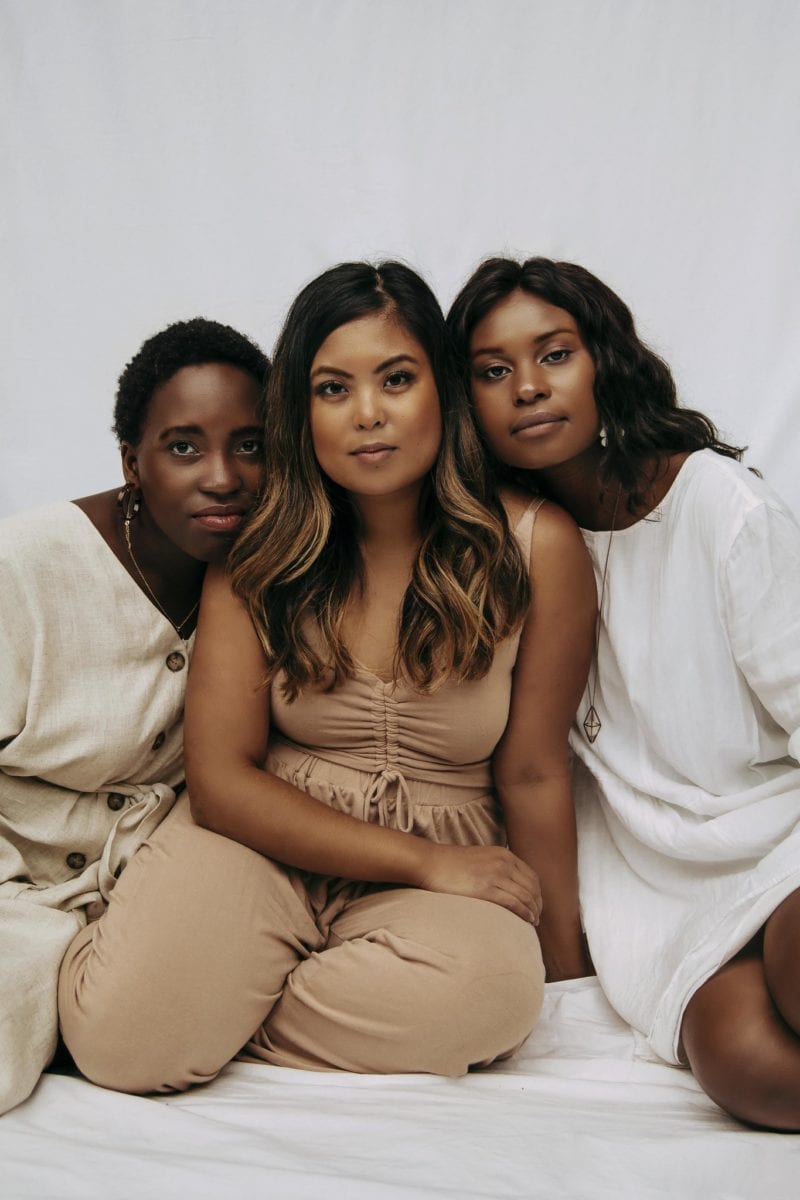On a warm August day, with coffee in hand and palm trees swaying with the California breeze in the distance, my friend looked me in the eyes with her freckled face and fiery, red hair and challenged me to stay.
Don’t uproot yourself when it’s hard. Don’t leave in the middle of the storm. Wait to make a decision after it passes.
My friend’s words met me in a low place. As she peered into my eyes with a humble willingness to pursue a hard conversation in truth and grace, I could feel the tears welling up but refusing to fall.
Summer 2020 had taken its toll. After the long and hard months of the pandemic, “Safer at Home” orders and the push for social and racial justice, I was contemplating leaving. To where, exactly? No clue. I just knew that, at the time, I could not imagine how I could muster the courage to stay.
Regardless of whether I stayed in Los Angeles, I was sure of one thing: leaving would mean uprooting myself from my community of three years, a group of friends that felt more like family. My group of friends in L.A. had become family. These were indeed my people.
So why leave? 2020 was already a year heightened by emotion and fear, and at the time, my own frustrations, hurts and disappointments with people took precedence over my willingness to lean toward grace. Offense and disappointment with people clouded my perspective.
Thus, I made the decision to walk away. After months of contemplating my next move, I had made a decision. So I brought it to a trusted friend—a friend who had a record of loving me well while also challenging me to see my blindspots.
This friend has earned the right to speak into my life; she’s walked with me through a series of hard events in my life: A roommate having an affair. A toxic job situation where I was the only person of color on staff and was treated noticeably worse than my peers. A month-long apartment search. A season of joblessness. She had seen me through some really tough things, so I felt safe bringing the deepest and hardest parts of myself to her.
I brought her my wounds, doubts and questions. She listened. She affirmed. With her signature wit and British accent, she gave me pushback where needed. But mostly, she just listened. Then, she confronted me with the question: What does it look like to stay when things are hard?
Stay.
Staring into the most vulnerable parts of me, my friend challenged me to stay. She said if I had 100 percent confidence and peace about my decision, she wouldn’t fight me on it. However, knowing that I was in a low place, she challenged me to wait—to not leave the metaphorical table of community just yet.
So I took my friend’s advice. I got quiet. I took time to reflect, process and allow my emotions to subside. I assessed the frustrations in my heart and the questions in my head. I pursued hard conversations with the people I was upset with. I layed down assumptions I held and the narratives I had written.
I talked. I listened. I gave and received apologies freely. I allowed people in and chose to believe the best about them. I showed myself and others grace in weakness.
That was fall 2020. Now, almost a year later, I am still a part of that group of friends that I, at one point, was so sure I was ready to give up on. If last year taught me anything, it taught me the value of community. But even more so, it taught me how to fight for it.
Here are a few things I have learned about staying in community when it’s hard:
Community is built through consistency and vulnerability.
In order to build something true and authentic, it requires a willingness to keep showing up. We have to choose to stay, even on the hard days and even when we’ve been hurt by our people.
Vulnerability is a powerful tool in building connection and needs to be wielded properly. Oftentimes, people don’t know they have hurt us or let us down. However, when I come to someone in humility, confrontation creates a space for me to be seen and heard. When I lead with honesty and vulnerability, it also gives them a chance to share their experience and to acknowledge and remedy the wound.
Ghosting avoids short-term pain, but creates long-term wounds.
Oftentimes, when things get hard, the easiest and most opportune choice seems to be to cut our losses and leave. In today’s culture of “canceling” and “ghosting,” we have lost sight of grace. When we get angry or uncomfortable in conflict, we simply stop responding to texts or leave messages unread. Perhaps, in protection of our own comfort, convenience and safety, we just leave.
Leaving when things get hard is easy. It feels safe. It requires the least amount of effort, energy and work. The problem with “ghosting” or simply walking away is that people are not ghosts. They are human beings with souls—minds, thoughts and emotions. When we walk away without even as much as a conversation, we leave the door open to deeply wound others. Confrontation is certainly harder than ghosting, but it leads ultimately to deeper connection.
Make the decision to pursue hard conversations.
What does it look like to stay when we feel hurt or disappointed? What does it look like to sit in uncomfortable places, to have hard conversations with people, to weather the storms of life and resolve to stay put until they pass? (This does not apply to abusive, toxic or manipulative relationships. You should never stay in a place or relationship where you are unsafe.)
Community requires initiating hard conversations. I literally have to pick up the phone and ask the person who has hurt me: Can we talk? I don’t get to hide behind a biting text or a wall of silence.
I have to go to people in honesty and humility and tell them I have been hurt by their words or actions. I have to lay down my pride, my assumptions, my need to be right or my fear of offending them. I have to believe the best of them.
Decide to listen with humility when people confront you.
Community requires listening when other people initiate hard conversations. When someone comes to me with their own hurts that I have caused, I have to make generous assumptions and listen. I must choose to see the confrontation as an investment in our friendship, even though it may sting a little. My course of action is simple but sobering: listen without defense, take ownership of the wound I have inflicted (whether intentional or unintentional) and prioritize hearing over being heard.
The truth is: People are imperfect. We all are. In any relationship, we will fall short. We will hurt the people we love. What I have been finding lately is that the more I choose to stay in tough moments, the more I mature and grow.
It is difficult. It is hard. It is humbling.
Staying is costly, but it is also worth it. The reward—growth in communication, in patience, in listening, in forgiveness, in perseverance—is worth the long and sometimes painful journey. As I continue to learn to stay in hard moments, I notice myself growing in gentleness and graciousness toward myself and others. As I water the seeds of vulnerability and grace, my friendships flourish more and more.
Looking back, I’m really glad I chose to stay. Just like my friend said, the storm did indeed pass.
Have you learned the art of hard conversations or do they still intimidate you? What good can come on the other side of confrontation?
Image via Alexa Tonn Photography











